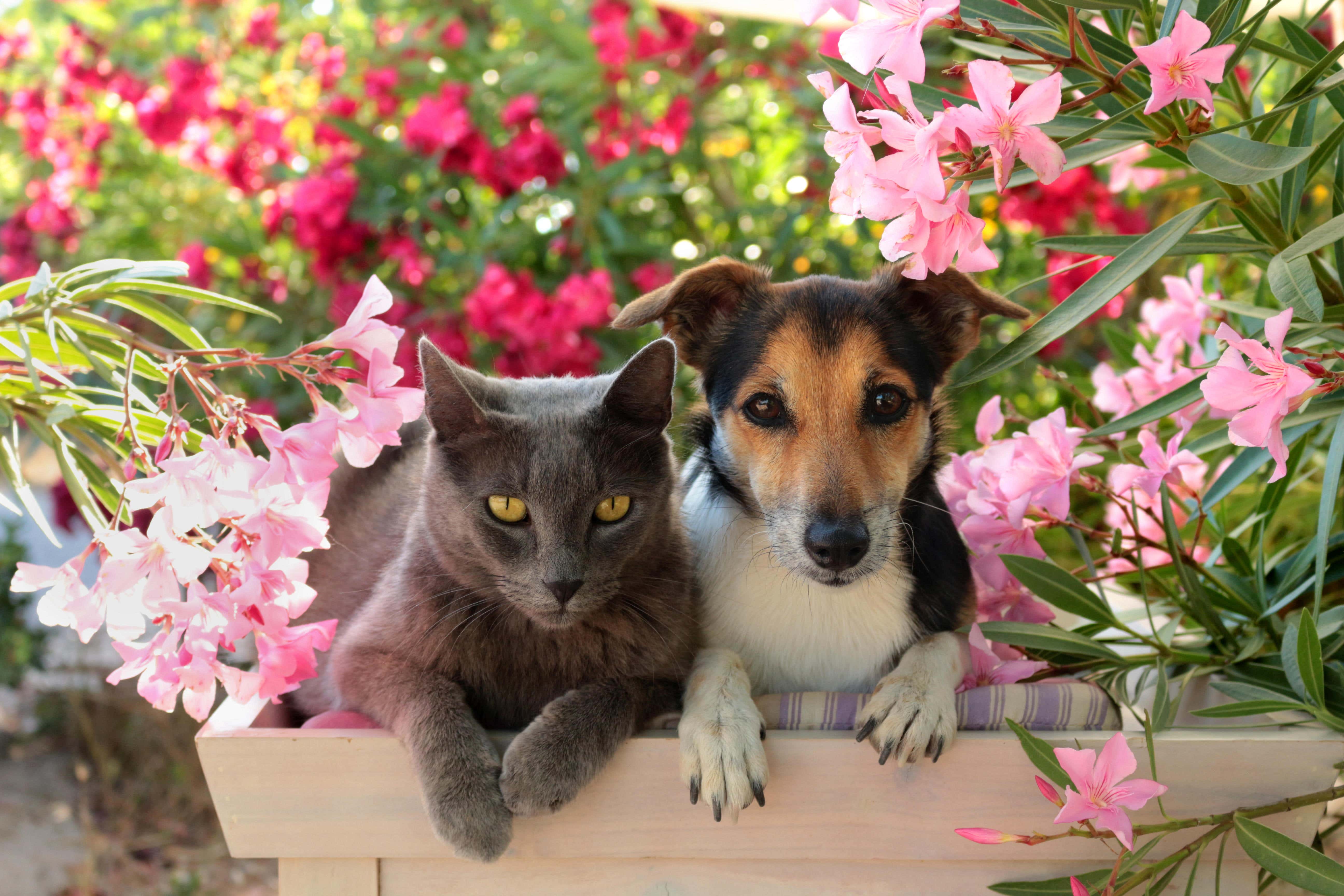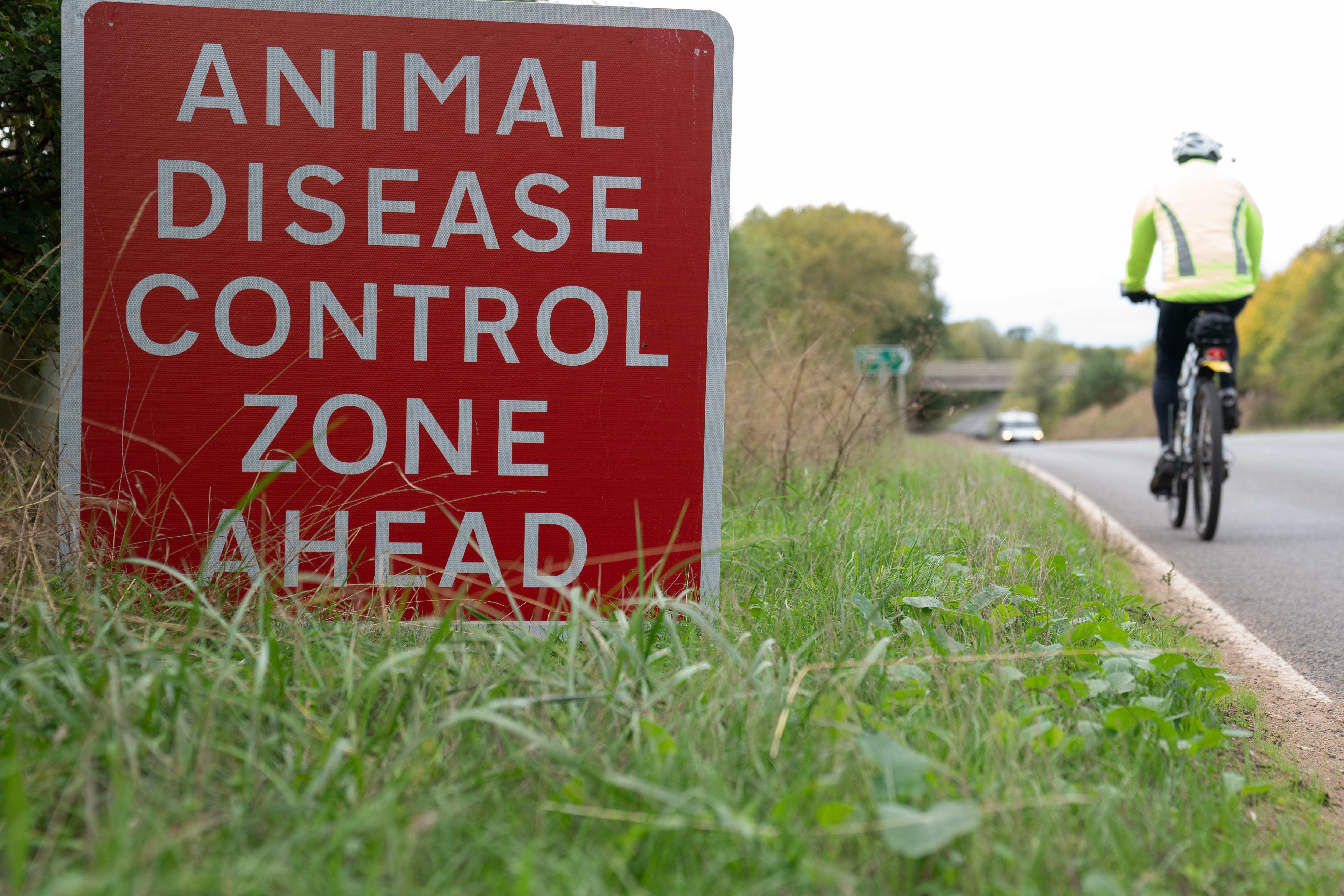EU urges keeping cats and dogs inside amid record cases of bird flu
It comes after 24 cats tested positive in Poland for bird flu since June 10

Your support helps us to tell the story
From reproductive rights to climate change to Big Tech, The Independent is on the ground when the story is developing. Whether it's investigating the financials of Elon Musk's pro-Trump PAC or producing our latest documentary, 'The A Word', which shines a light on the American women fighting for reproductive rights, we know how important it is to parse out the facts from the messaging.
At such a critical moment in US history, we need reporters on the ground. Your donation allows us to keep sending journalists to speak to both sides of the story.
The Independent is trusted by Americans across the entire political spectrum. And unlike many other quality news outlets, we choose not to lock Americans out of our reporting and analysis with paywalls. We believe quality journalism should be available to everyone, paid for by those who can afford it.
Your support makes all the difference.The European Food Safety Authority (EFSA) has urged people to keep cats and dogs inside amid record cases of avian influenza across the world.
It comes after 24 cats tested positive in Poland for bird flu since June 10, which in some cases had resulted in death. The source of the contamination has not yet been determined.
The European Food Safety Authority said in December that the ongoing avian influenza epidemic was the “largest ever observed in Europe”. In the first year of the epidemic, from October 2021 to September 2022, there were 2,520 outbreaks in poultry, 227 in captive birds, and 3,867 detections in wild birds notified across 37 European countries.
“It is recommended to avoid exposure of domestic cats and dogs, and in general carnivore pets, to dead or diseased animals,” the EFSA said in its latest update.
“Possible measures are keeping dogs on a leash, and confining cats indoors in areas where extensive circulation of HPAI viruses in wild birds has been confirmed.”
The organisation also urged dog and cat owners to avoid feeding raw poultry meat to their pets in areas where the virus has been reported.
In recent weeks, five dogs and a cat have been infected in Italy. Meanwhile, there have been 188 cases of bird flu detected in the UK since October 2022, according to the Department for Environment, Food and Rural Affairs.
There is no vaccination for poultry or most captive birds to protect against bird flu in England. However, France recently said it hopes to start vaccinating poultry as early as autumn 2023.
The US has also begun testing several vaccine candidates for potential use on birds.

The UK’s chief veterinary officer Christine Middlemiss has warned vaccinating poultry was not “a silver bullet because the virus changes constantly”.
Bird flu was detected in two people in the UK in May, the UK Health Security Agency (UKSA) said.
The cases were believed to be linked to exposure to sick birds on a single poultry farm where the two people were known to have recently worked.
Neither worker suffered symptoms of infection and both cases were found during screening.
The UKHSA said the level of risk to human health remains “very low to the general population”.



Join our commenting forum
Join thought-provoking conversations, follow other Independent readers and see their replies
Comments